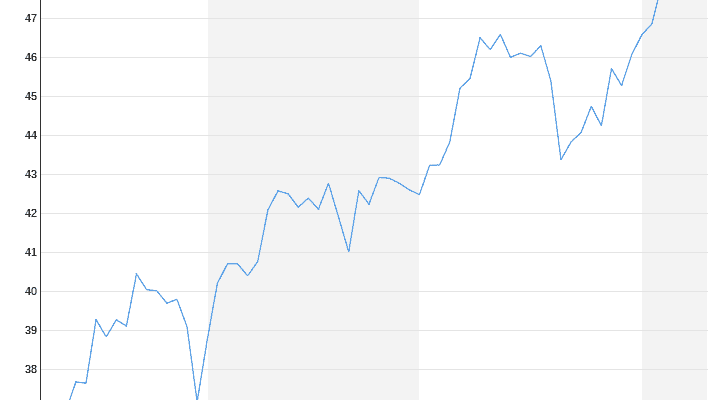The corona pandemic and the increasing departure from the internal combustion engine are troubling Daimler. Works council boss Brecht calls on the top management to take their corporate responsibility seriously and not to pass the changes on to the workforce.
In the dispute over the Daimler component plants in Germany, which are dependent on the combustion engine, the works council wants to prevent planned outsourcing to suppliers. "We do not accept that our locations are bleeding out, and instead we are outsourcing production to external companies," said Michael Brecht, Chairman of the Daimler General Works Council. The works council is also opposed to the relocation of products to Daimler locations in Eastern Europe with lower wage costs.
"In times of strong growth we were able to absorb such shifts. But now the wind is getting rougher and we are positioning ourselves differently." Daimler wants to turn its car subsidiary Mercedes-Benz inside out to electromobility in the coming years and gradually phase out internal combustion engines. Last week, Daimler boss Ola Källenius presented a new plan for this, which includes a second, purely electric car architecture. "Basically, I am glad that we now have a clearer direction towards electrification," praised Brecht, who so far has always criticized the management for lacking a strategy. "The basic strategy is good and correct. But the ramp-up of electromobility brings problems with it."
The component and engine plants at the headquarters in Stuttgart-Untertürkheim as well as in Berlin, Hamburg and Kölleda are under pressure to change. Works councils from Untertürkheim and Berlin warned that according to the company's plan, around 5,000 jobs should be cut in their plants by 2025. Daimler does not officially provide any figures for this.
New processes and structures
"It's easy to say, I'll take everything away and relocate it – but whoever does that is avoiding corporate responsibility," criticized Brecht. The works council boss does not deny that jobs will disappear with the switch to less labor-intensive electric cars. But not so many jobs should be lost so quickly. Instead, processes would have to be changed. "The people deserve management to think about new structures."
For the motivation of the workforce it is not good if the media reported on the shedding of tens of thousands of jobs. However, the Daimler works council is not planning a wave of protests from employees, as is currently going on at the supplier Continental against plant closings and job cuts. "First of all, I am counting on sensible discussions with management. I believe that we will find solutions," said Brecht.
Mobility services not a core business
Because of the prevailing cost pressure, Brecht advised that the commitment to car sharing and other mobility services be discontinued. "A year ago it was said that without mobility services we would no longer be able to survive, otherwise we would become dependent on digital platform companies," said Brecht. In the meantime there has been great disenchantment with the business prospects of the services operated jointly with BMW in the "Your Now" joint venture.
The fear that sharing services could suppress the desire to have one's own car has so far not come true. The slogan "From automobile manufacturer to mobility service provider" disappeared from Daimler's company presentations some time ago. "We are not at a point where sharing models are widely accepted. Even (the US transport operator) Uber is burning a billion after the other," said Brecht.
With the switch to electric cars and the Corona crisis, the pressure to save on the production sites is so high that the carmaker does not have to "blow out" any money for such services. "If we are not able to turn it into a profitable business and now see that we are not dependent on platforms as supplicants, the question arises: Do I have to do that at all?" Said Brecht. Under the label "Now", Daimler and BMW have been operating the car sharing "Share Now", the taxi and driver services "Free Now" and "Reach Now", the "Park Now" app for finding a parking space and the charging stations together since the beginning of 2019. "Carge Now" platform for e-cars. The centerpiece is the station-independent short-term car rental, which Daimler started in 2008 with "car2go" and which BMW offered three years later with "DriveNow".
. (tagsToTranslate) economy (t) Daimler AG (t) car industry (t) car manufacturer (t) trade unions (t) electromobility
